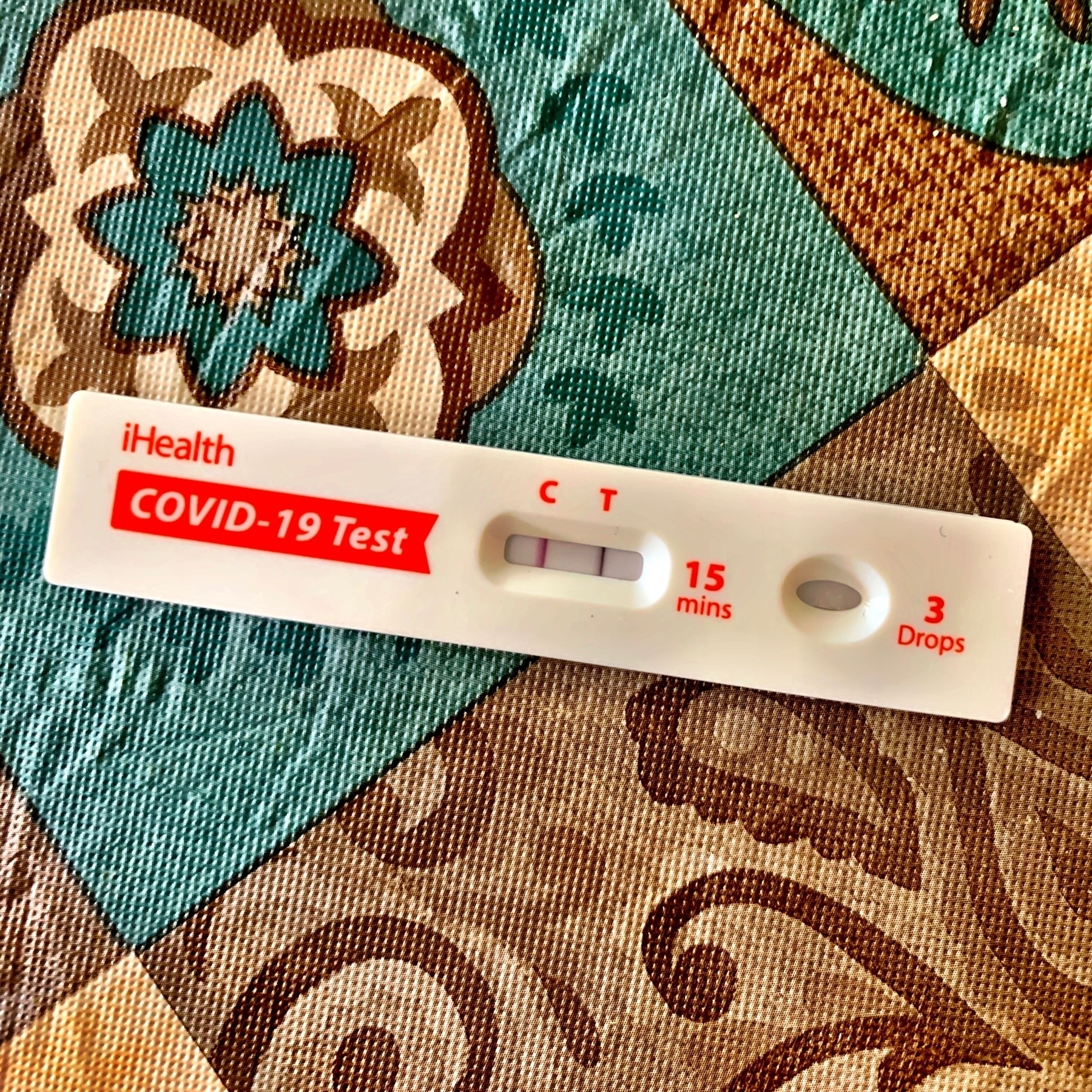So, the Evil Virus finally showed up for us over the past week. And it’s all the fun it’s been cracked up to be.
In our case, it’s actually been less, compared with what others have experienced. At least F and I are still alive, for one thing. (I had two cousins die from COVID over the past year or so.) Our experience has been more like The Worst Flu Ever, with persistent fever, body aches and headaches, and a sore throat that feels like needles in the voicebox. I’ve never seen F quite this sick, and I haven’t been this ill in a long time.
But as I’ve mentioned to friends and colleagues – and on this here website – I highly suspect that things would be a lot worse if we weren’t vaxxed.
(C was smart enough to get a fresh booster shot a week or two ago, and I’m convinced that that is what kept the virus from taking him down with us.)
And even though I’m still overweight, I’m nearly 70 pounds lighter than I was a year ago; as obesity is a comorbidity of COVID-19, I’m even more grateful now for the weight loss.
Our illness has been relatively mild enough to be treated with Advil, hot tea with honey (plus lemon for me) and other fluids, and binge-watching anime on Netflix. (I will gush at another time over our discovery of “Aggretsuko.") So, at least we’re fully hydrated and entertained.
Fortunately, F is very much on the upswing after the onset of her symptoms last Wednesday; given her school’s COVID protocols, she may be okay to go back in the next day or so. For now, I can report – with perhaps more optimism than merited, since I tested positive yesterday – that I may not be far behind: My fever has subsided so far, though the body aches linger, and my biggest issue is a scratchy, phlegmmy throat.
F and I let our guard down with the masking over the past month or two (although she still continued to mask at school, even when most kids did not). I regret that now, even though the past few weeks of freedom reminded me of how much I hate wearing masks.
(C said when he called the school nurse’s attendance line this morning to notify the school that F would be absent, the voicemail box was full. F’s friends have confirmed that an awful lot of kids at school have been out sick. So, we can confirm that no, the pandemic isn’t over.)
Grateful that this whole experience has been survivable. Hope this is a cautionary tale for people who hate masking as much as I do. And I pray for those who are dealing with this, especially in far worse manifestations than ours.

